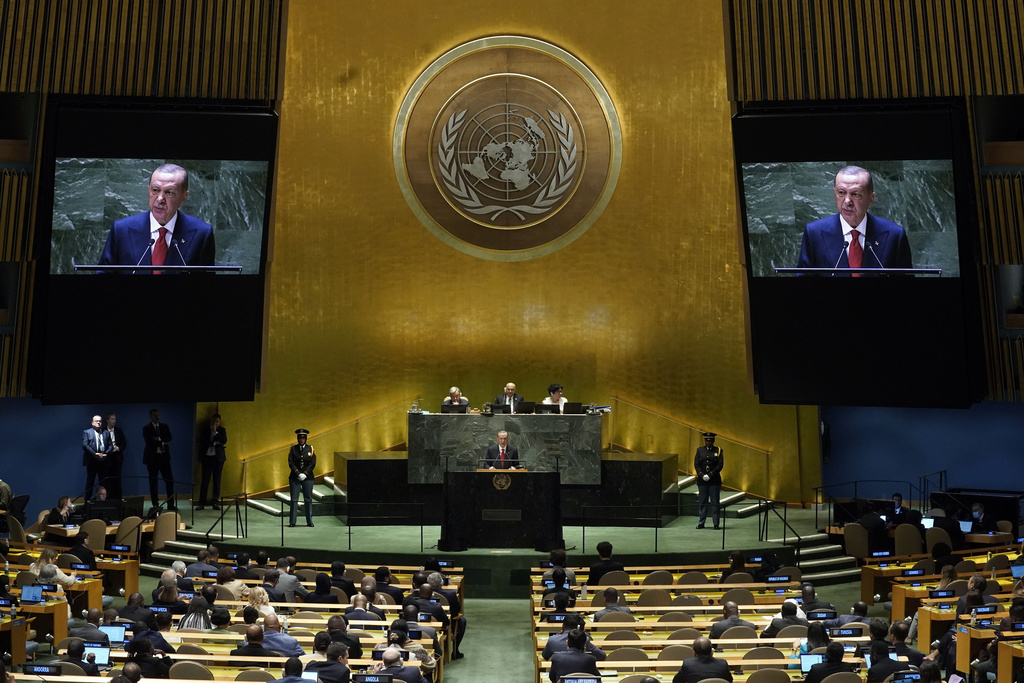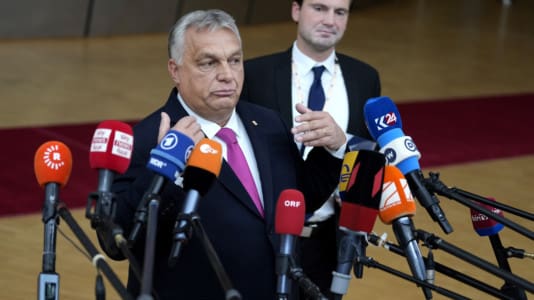NATO member Turkey has suspended all energy agreements with Israel due to the ongoing conflict in the Middle East.
Ankara’s decision comes after a meeting between Turkish President Recep Erdoğan and Israeli Prime Minister Benjamin Netanyahu held on the sidelines of the U.N. General Assembly. The move could have monumental implications for both countries.
In stark contrast to their agreement on joint energy drilling in the Eastern Mediterranean and the operation of energy transmission lines from Turkey to Europe, President Erdoğan expressed his disappointment with Israel, claiming that Israel took advantage of Turkey’s good intentions.
The war in Gaza is sending shockwaves around the world, amplifying the multiple crises caused by Vladimir Putin’s conflict in Ukraine.
The termination of energy agreements with Israel is the latest evidence of deteriorating relations between the two countries and follows Turkey’s Energy Minister Alparslan Bayraktar canceling his upcoming scheduled visit to Tel Aviv.
The previously planned collaboration between Turkey and Israel involved significant energy drilling in the eastern Mediterranean and the operation of energy transmission lines from Turkey to Europe.
Israel, with proven reserves of 750 billion cubic meters of gas, has become a key player in the region and produced approximately 22 billion cubic meters of gas last year. The nation has prioritized gas exports to the EU, especially as Russia’s dominance of the European market has declined. However, with the recent U.S. withdrawal from the European gas pipeline project in the eastern Mediterranean, Israel has begun exploring alternative routes to export gas to Europe, with Turkey standing out due to its strategic location.
Adding fuel to the fire, President Erdoğan’s recent remarks about Hamas during the AKP party meeting stirred controversy, as he described the group, which is a proscribed terrorist organization in the European Union, the U.K., and the U.S., as a “mujahideen defending their lands.”
[pp id=97039]
His sharp criticism of Israel and the cancellation of his planned visit to the country further exacerbated already strained relations.
The suspension of energy agreements between Turkey and Israel could severely disrupt energy supplies, impacting the economies of both nations. The shockwave effects of the suspension of the energy deal have already begun to show in the Turkish economy.





